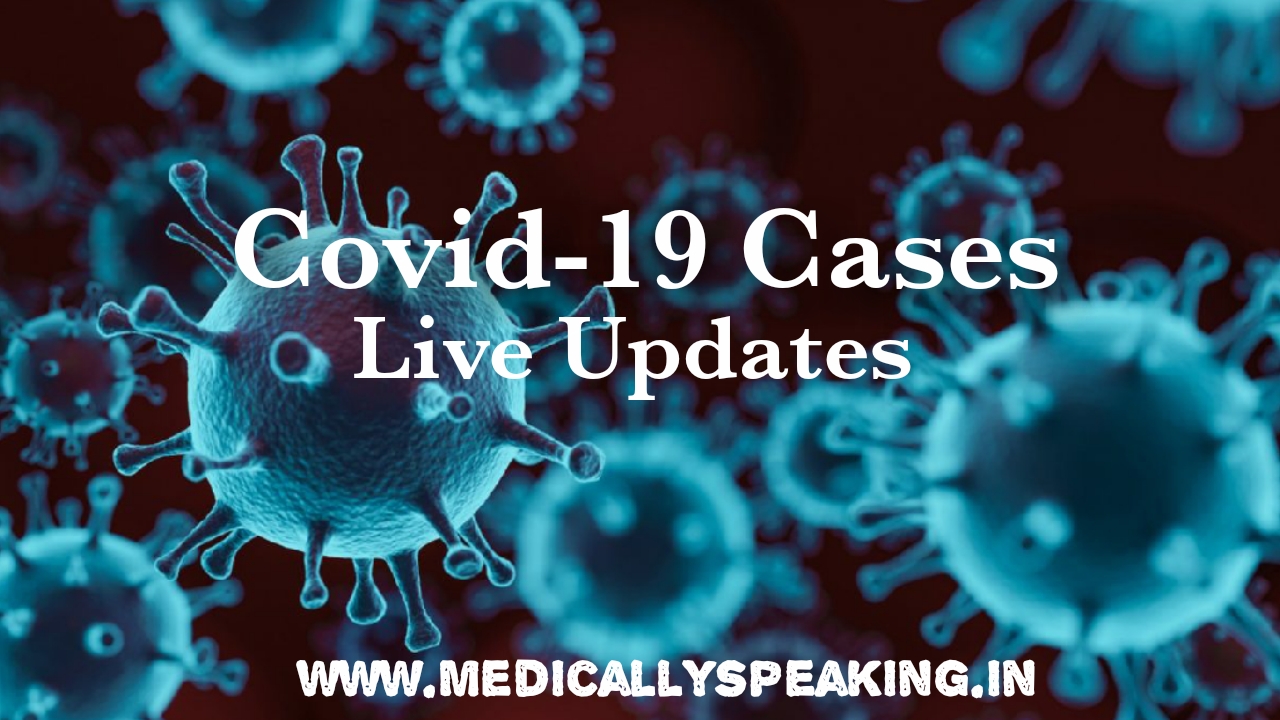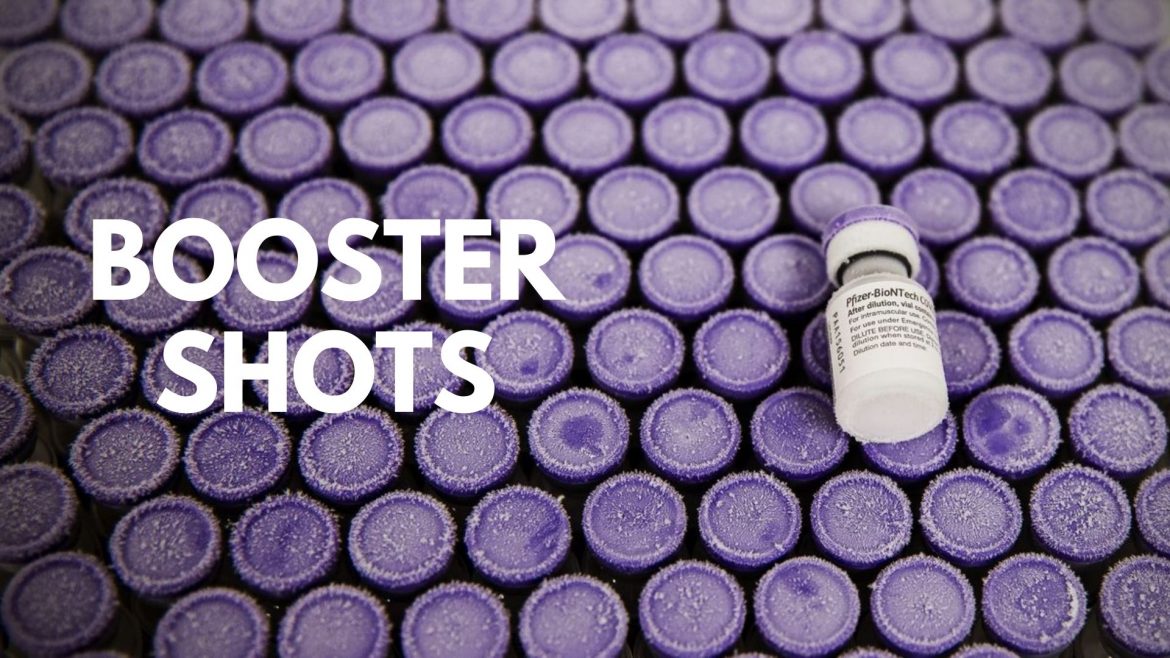Scientists encouraged the Union Health Ministry on Thursday to keep a careful eye on a new Covid-19 subvariant dubbed BA-2.75 hours after the World Health Organization mentioned it for the first time, but they cautioned that it would be premature to worry.
The variation is present in at least ten Indian states, including Karnataka, Maharashtra, and West Bengal, as well as seven other nations, despite the fact that India’s Covid genome analysis group (INSACOG) has yet to issue a declaration on the novel variant’s count and distribution.
“So far BA-2.75 is like other Omicron sub-variants i.e. more transmissible but showing mild disease. But it’s still early days,” virologist Shahid Jameel, Research Fellow at Green Templeton College, University of Oxford told a daily.
“It possibly evades immunity better than its parent BA.2 due to additional mutations in neutralising antibody binding sites on spike protein and also binds a little better to the ACE2 receptor (a protein that provides an entry point to the coronavirus to hook onto a cell). This needs to be watched.”
Tedros Ghebreyesus, director general of the World Health Organisation on Wednesday spoke about the new variant emerging from India for the first time. “In countries like India a new sub lineage of BA.2.75 has also been detected, which we’re following,” he said.
Scientists from India’s SARS-CoV-2 Consortium on Genomics (INSACOG) are to meet here on Friday to take stock of the situation and appraise the ministry. “At the moment, there is no correlation between the new strain and the rate of hospitalisation, which remains low. But we are keeping track of clinical developments,” said an INSACOG member, who did not wish to be identified.
Among the new strains, the scientist said, BA-5 was the most virulent, but it was not spreading much in India, where the dominating strains are BA-2 and its variants. “We are in the endemic phase and the virus is evolving,” he said.
Covid surge
For over three weeks, India has reported more than 10,000 new Covid-19 cases every day, despite a low number of hospitalizations. On certain days, the number of new cases might reach 17,000-18,000.
Although more than 90% of India’s adult population has received two doses of the Covid-19 vaccine, adoption of the third preventive dosage is poor. According to WHO Chief Scientist Soumya Swaminathan, there are still a limited number of (genome) sequences of the sub-variant available for analysis.
“But this sub-variant seems to have a few mutations on the receptor-binding domain of the spike protein, a key part of the virus that attaches itself to the human receptor. We have to watch. It’s still too early to know if this sub-variant has properties of additional immune evasion or indeed of being more clinically severe. We don’t know that,” she said in a video message.









